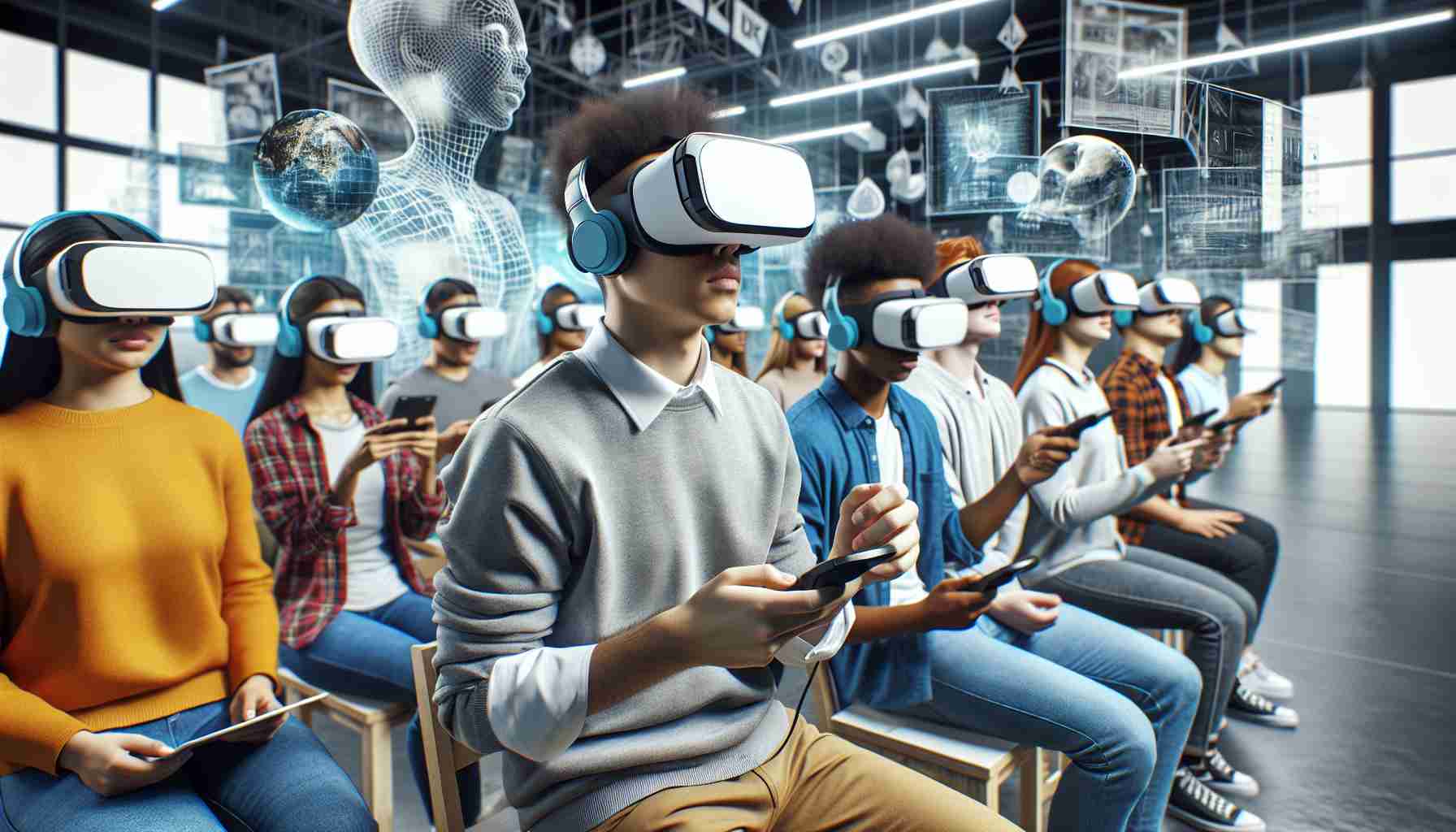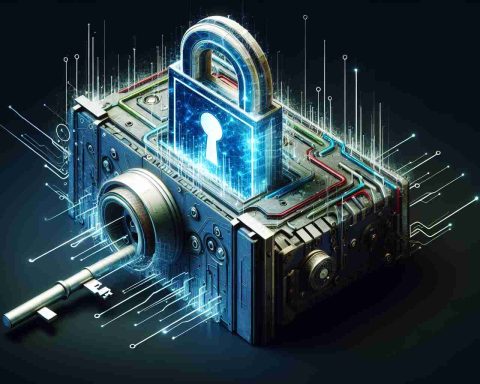In a groundbreaking movement towards language proficiency, schools in Slovenia are incorporating cutting-edge virtual reality experiences to enhance language education. This innovative approach aims to transform traditional language learning methods by immersing students in realistic, interactive environments that facilitate a deeper understanding of diverse global languages.
Educators, technology experts, and language instructors in Slovenia are collaborating to develop virtual reality modules that transport students to authentic language scenarios, enabling them to practice and enhance their language skills in engaging ways. From wandering through bustling markets in Paris to conversing with locals in Tokyo, these modules offer a dynamic and experiential learning experience.
The heart of these modules lies in their gamified structure, merging scenario-based learning with practical exercises to optimize language retention and comprehension. By incorporating pre-game vocabulary drills and post-game activities like creating a virtual travel journal, students are immersed in a comprehensive language acquisition journey tailored to their individual learning needs.
Educators in Slovenia stress the importance of active teacher involvement in this initiative. By working closely with teachers, the program aims to promote collaborative learning environments and encourage peer-to-peer interactions among students. Through gameplay that involves various roles requiring teamwork and communication, students are not only learning different languages but also essential life skills through virtual reality immersion.
This innovative language learning approach arose from the realization that traditional classroom methods may not adequately equip students with language proficiency. Through extensive research and cooperation, educators in Slovenia recognized the transformative potential of integrating virtual reality to revolutionize language education and enhance student learning outcomes.
While the benefits of interactive learning through virtual reality are evident, the program also places a strong emphasis on critical thinking and collaboration as crucial elements of language education in Slovenia. By combining technology with effective teaching strategies, students are provided with a holistic language learning experience that goes beyond mere vocabulary memorization.
FAQ Section:
1. What is the primary objective of the virtual reality language learning project in Slovenia?
The project aims to revolutionize language education by leveraging virtual reality experiences to help students master various world languages.
2. Who is spearheading the implementation of this innovative project in Slovenia?
The initiative is a collaborative effort between educational institutions in Slovenia and technology partners, aimed at transforming language learning through immersive virtual reality experiences.
3. What types of virtual reality modules will be accessible to students in this project?
The modules will offer students the opportunity to engage in realistic language-related scenarios through short, interactive sessions that enhance their language skills.
4. What are the key advantages of utilizing virtual reality in language education?
Virtual reality allows students to practice languages in authentic settings, improving retention and understanding of language concepts through experiential learning.
5. To what extent are teachers involved in the development of these virtual reality modules?
Teachers play a central role in shaping the project by collaborating with developers to create engaging modules that cater to students’ linguistic needs and promote interactive learning experiences.
6. What supplementary activities are planned alongside the virtual reality language learning project?
In addition to virtual reality modules, the project will allocate resources for teacher training, enrichment programs, and other support strategies to enhance the overall language learning experience.
Glossary:
– Virtual Reality: A computer-generated environment that simulates real-world experiences and interactions using specialized equipment.
– Lesson Module: A concise educational segment focused on a specific topic or learning objective.
– Grant: Financial assistance or funding provided for specific projects or initiatives.
The source of the article is from the blog guambia.com.uy






